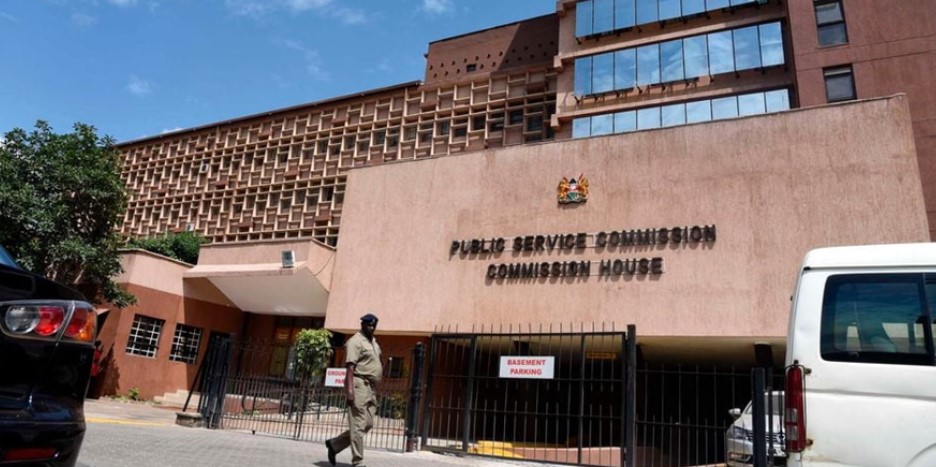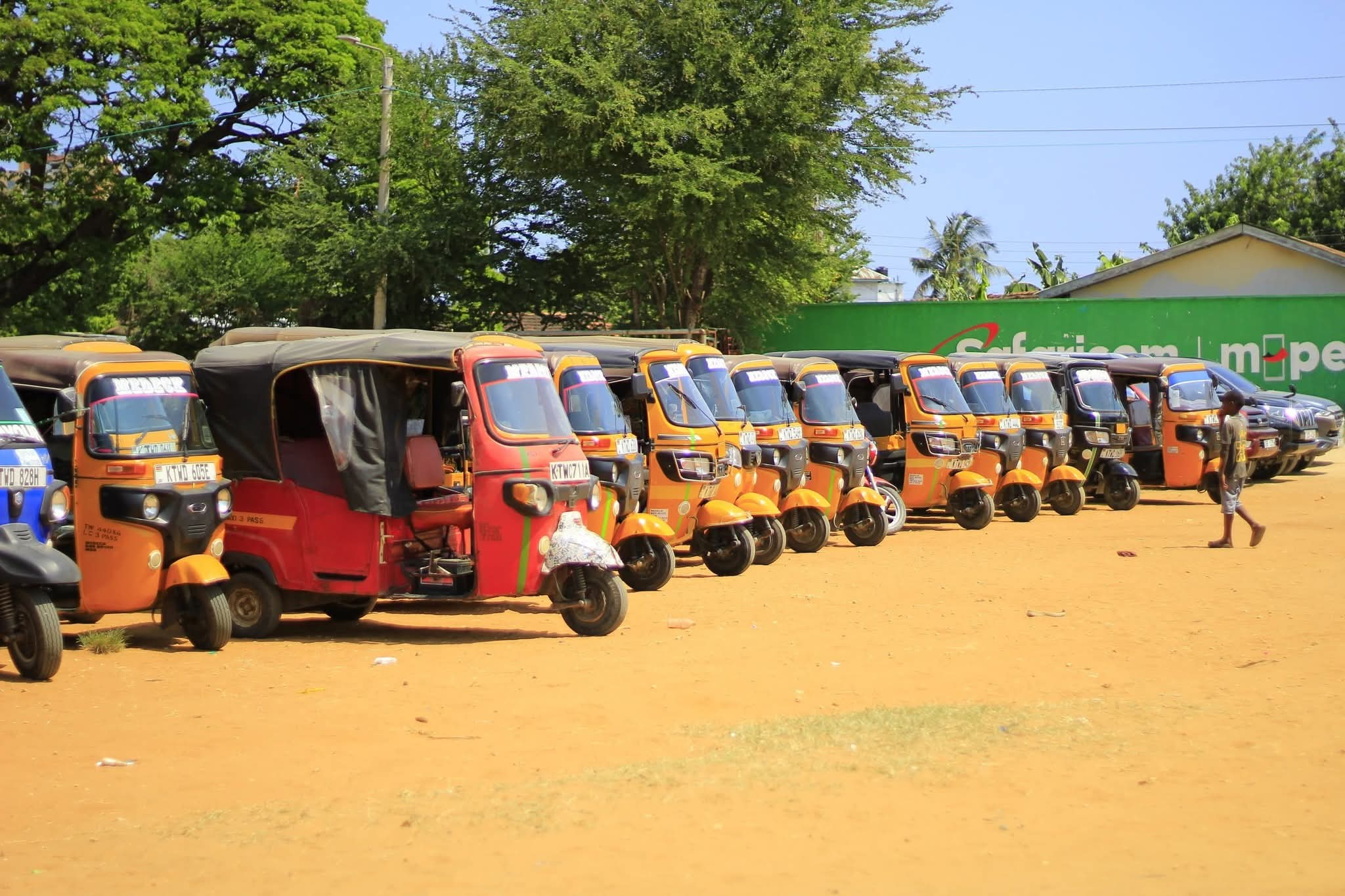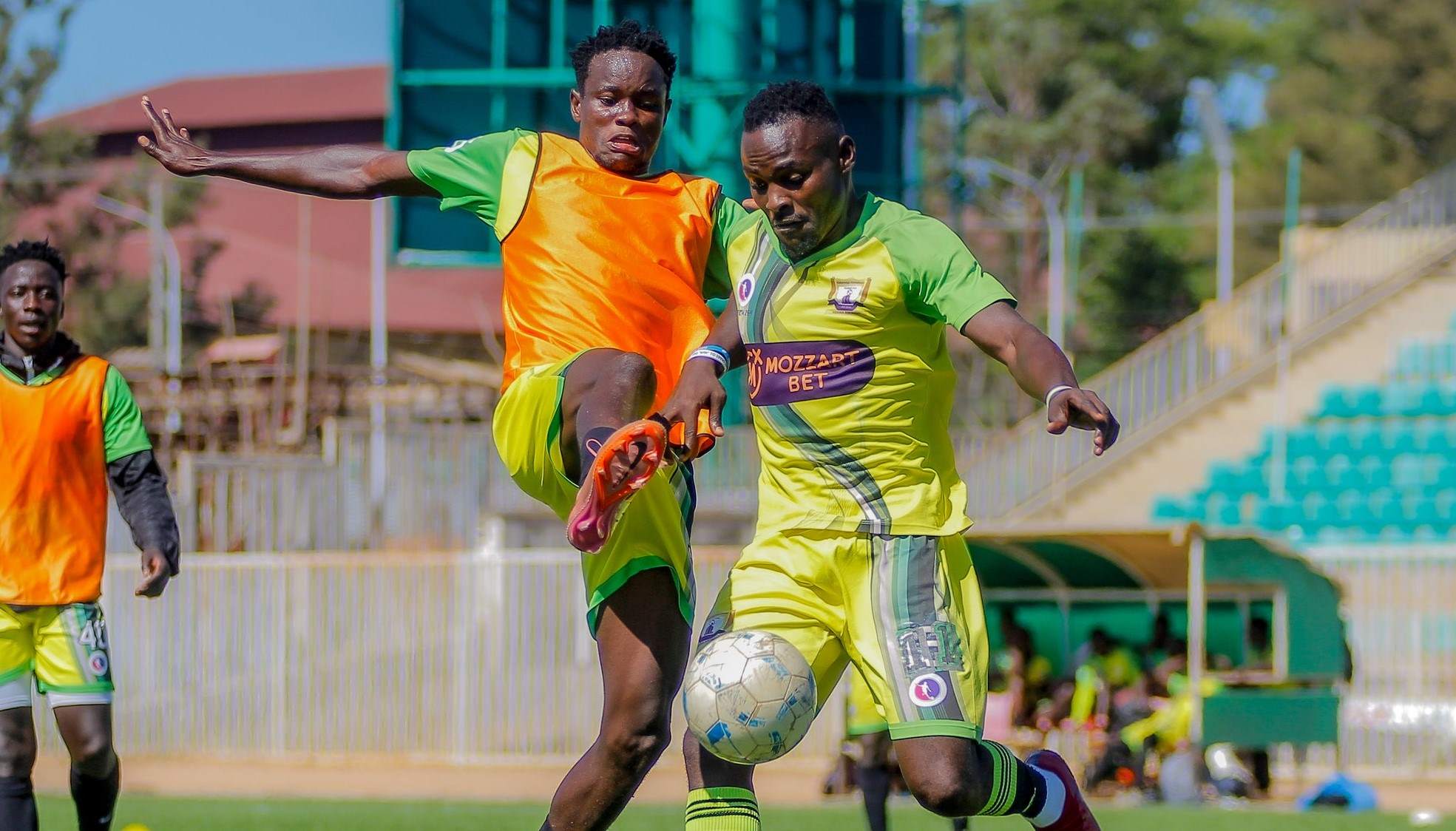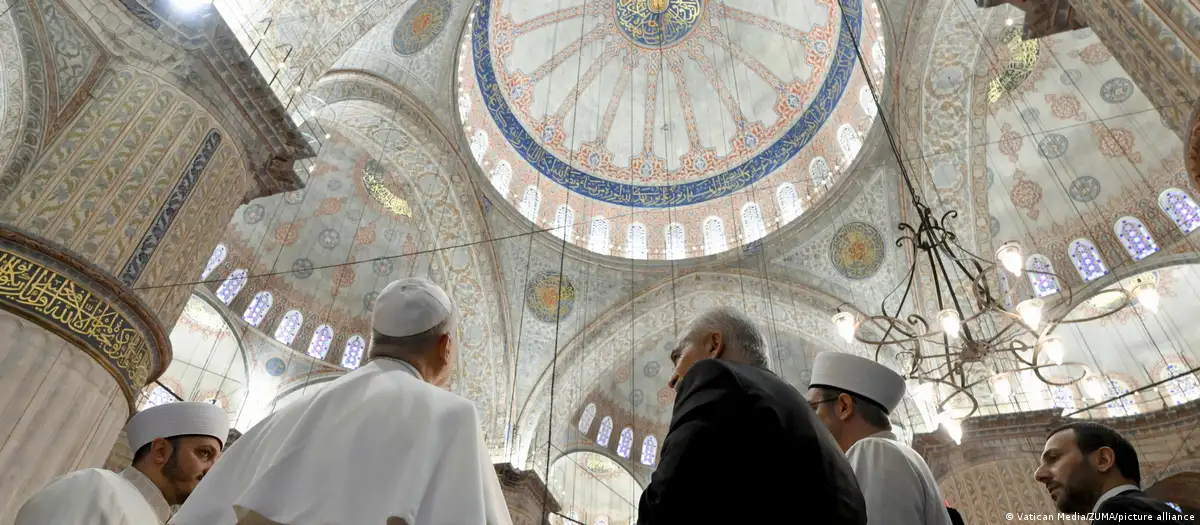The silent struggles: How local football halls businesses suffer in low seasons
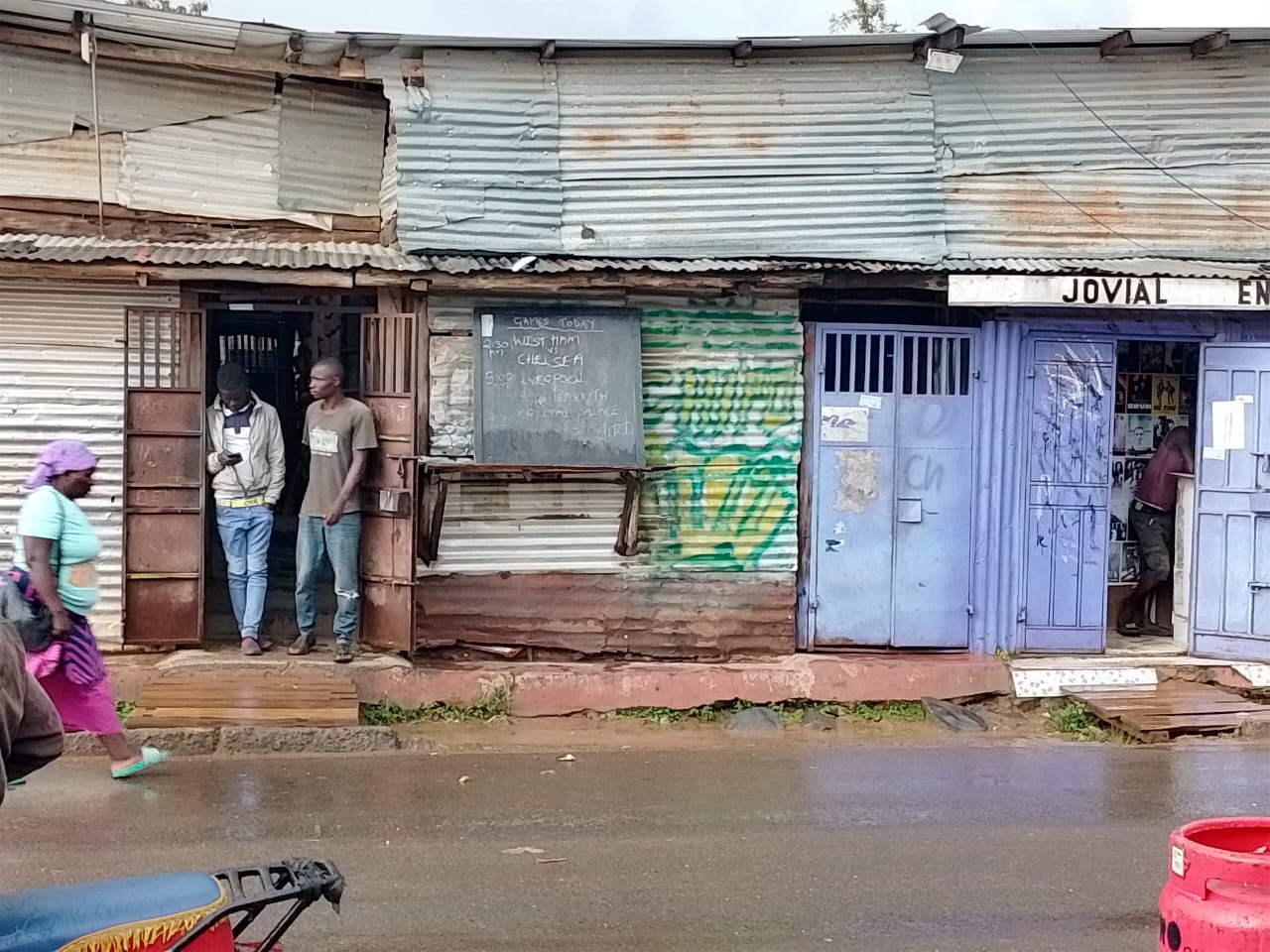
England's EPL is known for attracting a massive global audience, with millions tuning in each week.
As the most watched club football league globally, the English Premier League enters its match week four this weekend, some of the owners of local football watching 'halls' are of immense joy.
This is because of the arguably good income they are set to get, going on up to the 38th match week of the season.
More To Read
- President Ruto welcomes EPL trophy, backs Arsenal for title glory
- Kenyan youngster Ray Robert signs first professional contract with Everton FC
- Private sector activities rise for the first time in five months in September
- Registrar of Companies seeks public input on new company registration laws
- Ghana’s war on illegal gold mining fails: How political elites, corruption undermined moratorium
- Eastleigh booms as East Africa’s borderless marketplace, drawing diverse traders and entrepreneurs
England's EPL is known for attracting a massive global audience, with millions tuning in each week.
The league features some of the most famous clubs and players, contributing to its popularity.
Other prominent leagues, like La Liga (Spain) and the Bundesliga (Germany), also have significant international viewership, but the EPL consistently leads in global reach and broadcast revenue.
In Kenya, specifically in outlying counties, local joints, commonly known as 'halls', have always been a go-to-place for many fanatics during the season conventionally to spectate their favourite clubs and players.
Ideally, as the season picks pace, visits to these halls often grow every weekend, a boon to the business owners.
However, the business dynamics when the leagues are on recess are of concern to some of the owners the reporter spoke to in a bid to unravel the challenges such seasonal businesses go through.
Dennis Amule, an owner of one of the renowned halls in Kakamega County, says running such a business requires a strong backup strategy to stay afloat.
"If you compare the profit margins on and off-season, the difference is quite big. The profit I make now, for instance, is enough to cater for my bills; electricity cost, rent and other personal needs," Amule said.
"During the off-season, the case is always different. It gets tough to the point I have to look for other sources of income to take care of my bills."
He reckons that people don't show up at the halls when the leagues are on recess, and for the international tournaments such as the Euro and Copa America that happen during the period, a majority of the fans are not interested in them as much.
Some of the aforementioned tournaments take place very late at night or as early as 3 am Kenyan time, making it hard for the fans to show up, denting the glimpse of hope during the low season, Amule adds in part.
To try and stay afloat during such a period, Amule says he's at times forced to go for loans to sort out both the business bills and his personal needs.
"Sometime back, I was forced to close down during the off-season, but the strategy couldn't sit well with me for much longer. I therefore had to come up with survival tactics where I incorporated the movie option, and a pool game in the premise to back up the football business," Amule said.
In the Kasarani-Mwiki area, another 'hall' owner, who identified himself as Jimmy, concurs with Amule, saying such a seasonal business requires due diligence at the time of profit making as it's guaranteed you wont make any when the season is on recess.
"This if you have no other sources of income to keep you running. However, others might be privileged to have other side gigs apart from running the halls," Jimmy said.
Jimmy further notes that running such a business limits one from having a concrete business lifespan, on the back of struggles to sustain operations long-term, especially when one cannot adapt to the changing economic landscape; markets or consumer preferences.
The business during off-season also struggles with maintenance costs amid constrained income.
"It also becomes extremely hard to plan or even predict forthcoming challenges as it is on and off depending on the seasons."
Top Stories Today
